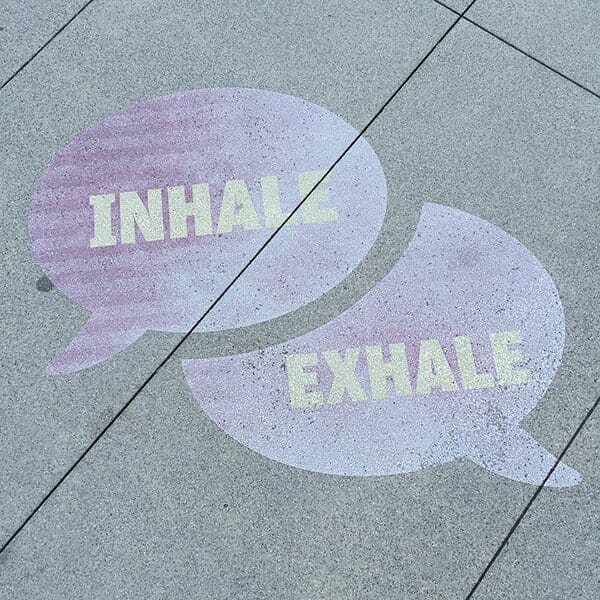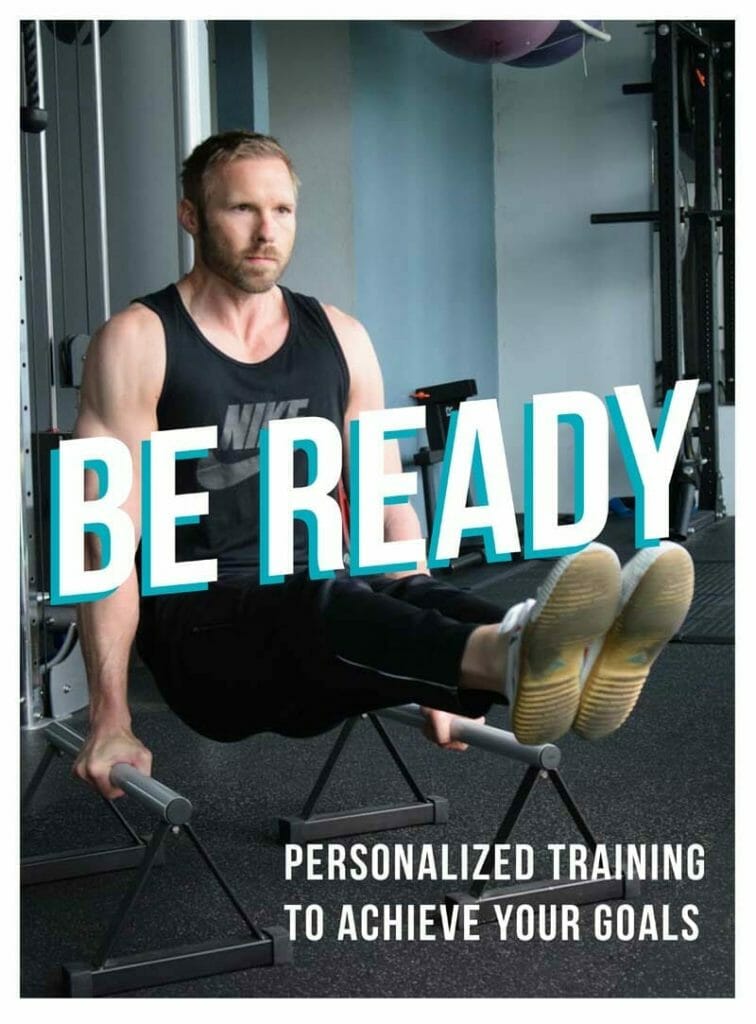Breathe, Breath, Breathing.
Inhale. Exhale.
Inhalation. Exhalation.
Inspiration. Expiration.
Do you breathe? I know, I know, a rhetorical question. You breathe, but do you breathe well? When you inhale, do your shoulders rise, does your breath last longer than 5 seconds? What about the belly, does it move in or out? The answers to these questions are clues to your breathing health.
Do you know what kind of harmful effects improper breathing can have on one’s state? That stress you’re feeling? It might not have been caused by improper breathing initially, but it’s being prolonged by it. Shallow breathing can cause headaches, fatigue, aggravate pre-existing medical conditions, just to name a few problems.
Let’s take a deeper look and try to get a better understanding of breath.
First of all, breathing is a function of the autonomic nervous system, a control system that acts largely unconsciously and regulates bodily functions. Other functions of the autonomic nervous system are managing heart rate, digestion, pupillary response, urination, and sexual arousal. All without your conscious thought.
Can you control any of these other functions voluntarily or consciously, besides breathing? Nope.
Breath is the only autonomic function that we can control/influence.
Learning how to use that control is paramount to maximizing the benefits of proper breathing, in and out of the gym. How you breathe can determine how well you can relax, recover, control your emotional state, and even lift heavier weights.
Here’s the important part though. Just like every other skill, it takes practice. You can’t just read about or think about it. You have to do it. You have to practice it. In the gym, at work, at home. At least for a while, breathing can’t be something you do unconsciously. It’s going to have to be something you do deliberately, with focus and commitment.
The payoff: You can actually flip right out of an angry state if you can learn how to effectively diaphragmatically breath; your whole mental/emotional state can be influenced. Plus, you’ll have more energy. And you’ll lift heavier weights.
Let’s go back to those questions from the first paragraph. Do your shoulders rise when you breathe? They shouldn’t. Practice breathing without moving your shoulders. Almost immediately, you’ll start breathing more through your diaphragm, filling up your belly with much-needed oxygen.
Does your breath last longer than 5 seconds? Longer breaths are better than short breaths. A typical rate is 12-18 breaths per minute. But to get the real benefits of breathing, you want to try to get that down under 12. When you start taking longer breaths, you’ll almost immediately notice you’re more relaxed. It’s virtually impossible to feel out of control when you’re taking long breaths.
What about the belly? You want to be filling your belly up with air when you inhale, so it should be expanding. If it’s not, you’re not breathing with your diaphragm. As I said a couple of paragraphs ago if you want to make sure you’re filling your belly up, concentrate on not moving your shoulders on the inhale and breathe from your belly button.
Here are a few other things to be aware of when practicing proper breathing:
- Relax. If you can physically relax when you’re breathing, your mind and spirit will follow suit.
- Find the rhythm. Just like so much of our universe (the ocean, the moon, seasons), your body has a natural rhythm. When you’re breathing is in tune with your natural rhythm, your body will function optimally.
- Breathe quietly. Any noises you make while breathing (snoring, sighing, sniffing) are irregular breathing.
- Exhale longer. The best way to ensure you’re getting enough oxygen to your brain and muscles is to be sure you’ve expelled all the carbon dioxide. Try to make your exhale 1-2 seconds longer than your inhale.
- Pause. At the end of that longer exhale, pause for 2-3 seconds before inhaling again.
If you exercise on a regular basis, add breathing exercises to your daily routine. You’re almost certain to notice the benefits immediately.



